The dream of living forever has long been the stuff of science fiction. But for some scientists, it’s a real-world challenge worth pursuing. According to molecular… Continue Reading →


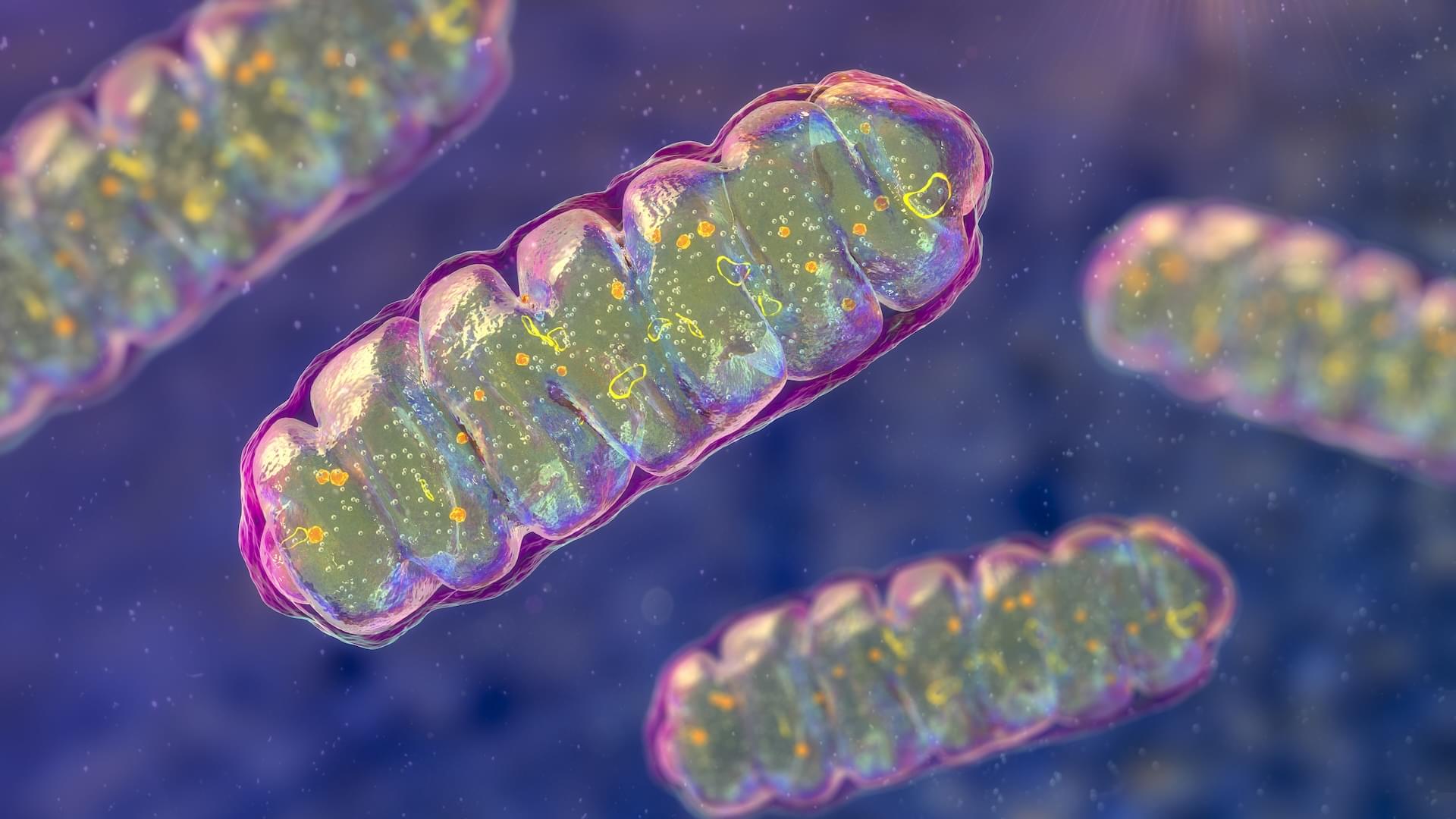
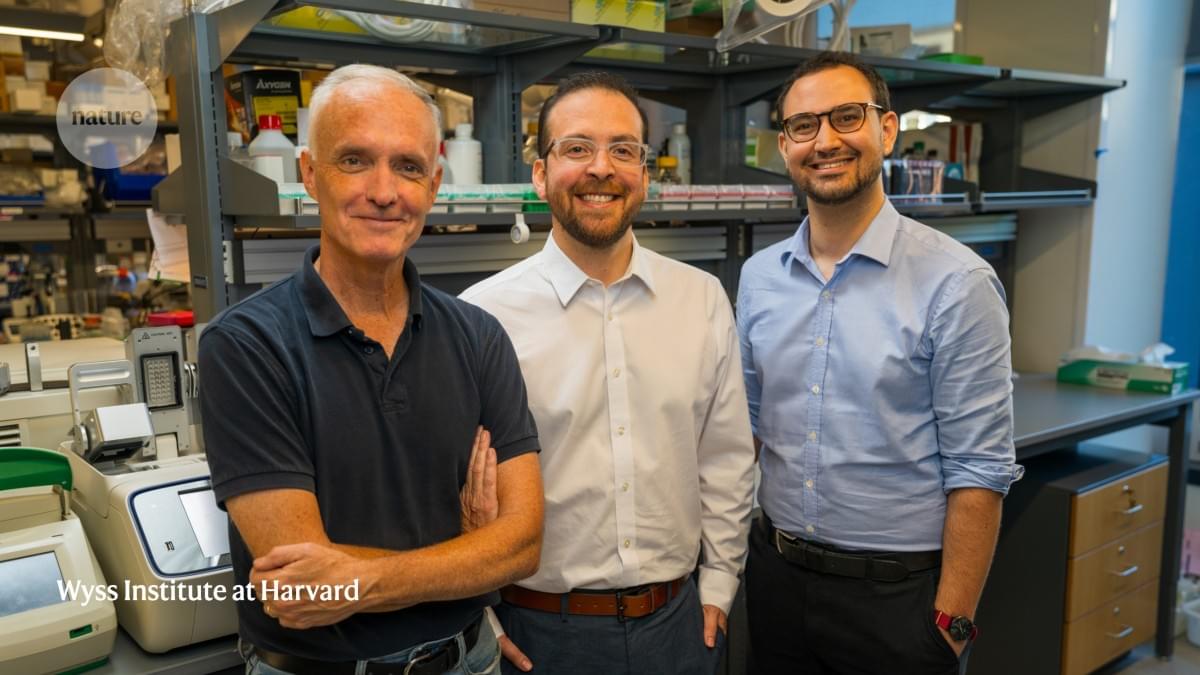

Scientists have made a groundbreaking leap in detecting dark energy by developing a magnetically levitated precision force system.
Their experiments vastly surpassed previous methods, reaching a new level of precision that opens up unexplored realms of dark energy research. The work was so impactful it earned a featured highlight in Nature Astronomy.
Breakthrough in Dark Energy Detection.
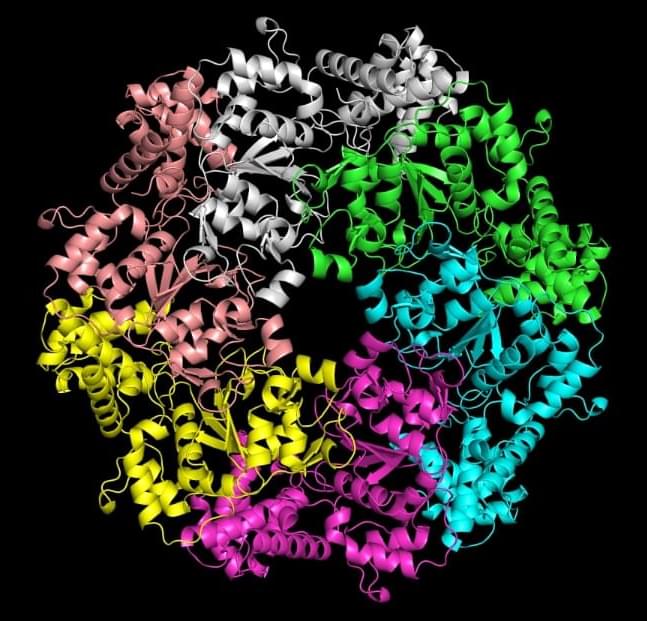

A four-year-old boy with a life-threatening immune disease is now living a normal life thanks to a pioneering gene therapy trial.
Eisa Hussain, who suffers from a severe form of leukocyte adhesion deficiency 1 (LAD-1), can now play football and attend school – milestones his family once thought impossible.
LAD-1 cripples the immune system, leaving children vulnerable to infections. Without treatment, the most severe cases are often fatal before the age of two.
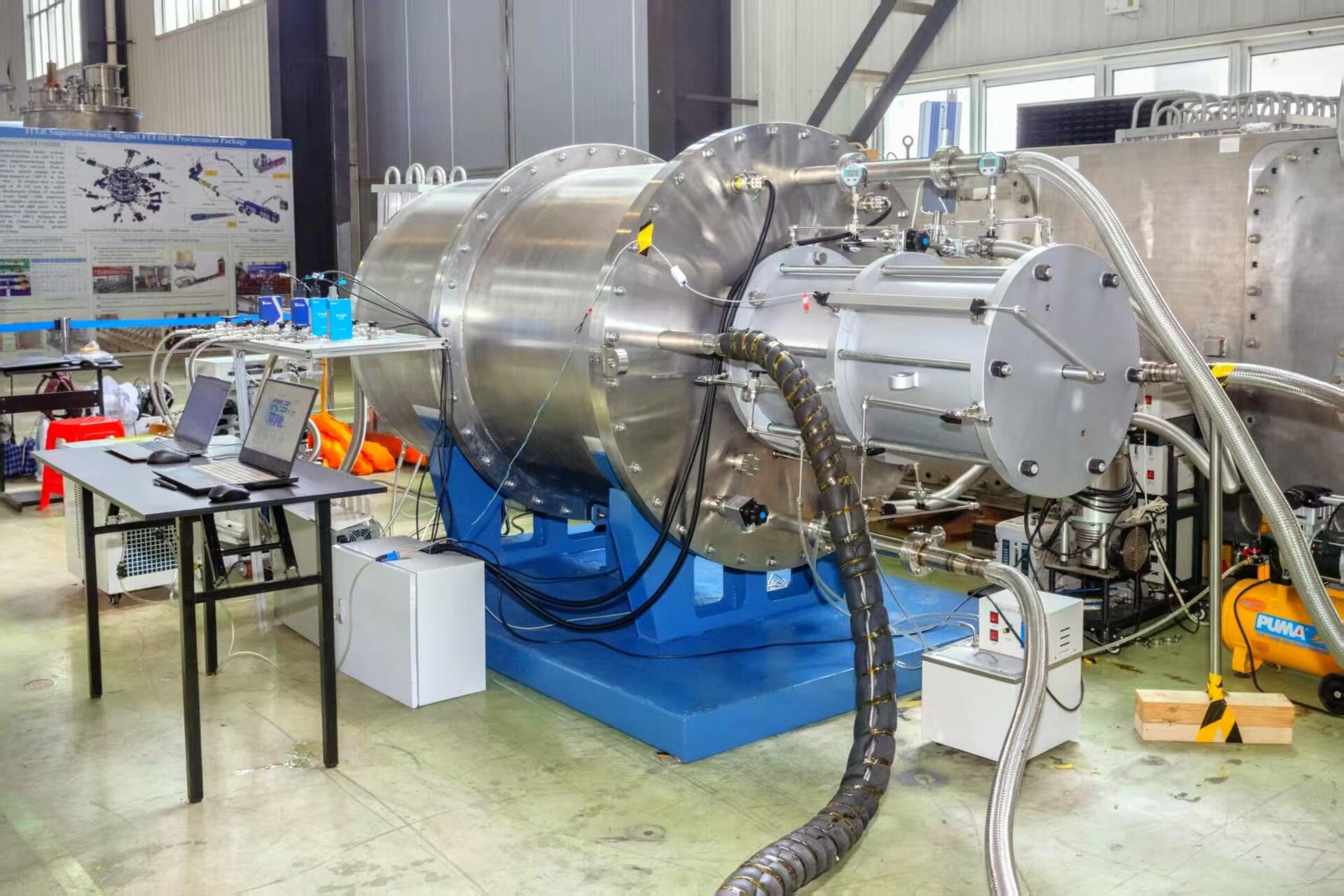
A research team from the Hefei Institutes of Physical Science of the Chinese Academy of Sciences has developed a novel large-scale compound cryopump (multi-stage cryopump) capable of separating fuel particles from helium ash.
Designed to meet the demanding requirements of radiation resistance and efficient gas handling, the cryopump features an innovative structural configuration and utilizes a new fabrication technique. The researchers developed a process for bonding activated charcoal to cryogenic panels using an inorganic cryo-adhesive, ensuring long-term stability under extreme conditions. The full-scale prototype measures 1.2 meters in diameter, includes a 0.58-meter valve opening, and weighs 4 tons.
Cryopumps based on adsorption technology are widely recognized as essential components in fusion systems. They offer large pumping speeds, broad temperature tolerance, and strong resistance to harsh electromagnetic and nuclear conditions. These capabilities are critical for the removal of unburned fuel and helium ash—key to maintaining plasma stability and enabling sustained fusion reactions.
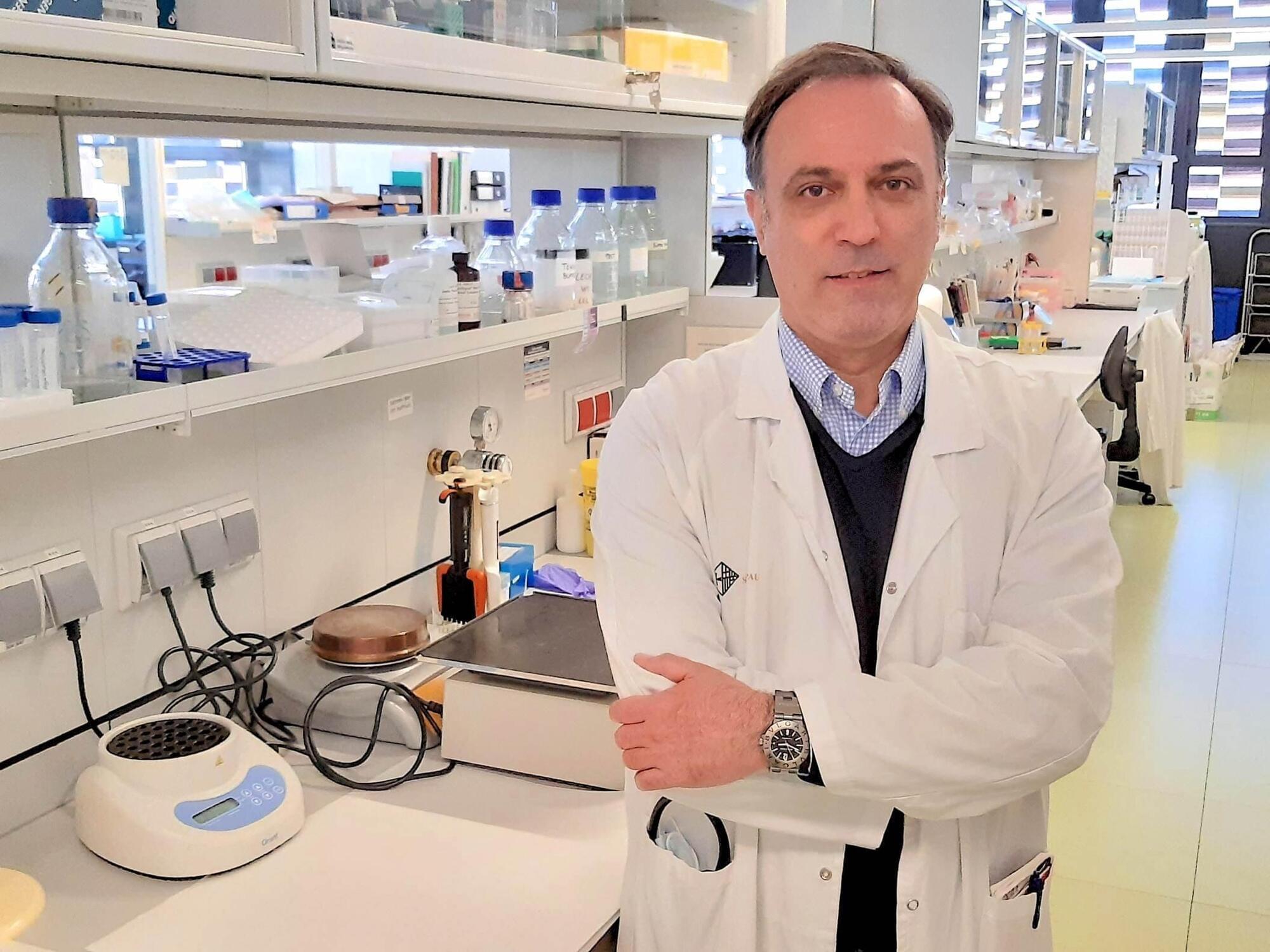
Researchers from the Sant Pau Research Institute (IR Sant Pau), in collaboration with Sant Pau Hospital and the Josep Carreras Leukemia Research Institute, have developed an innovative CAR-T cell therapy targeting the CD30 protein (HSP-CAR30), which has shown high efficacy in patients with refractory CD30+ lymphoma.
A Phase I clinical trial, whose results have been published in the journal Blood, reveals that this new CAR-T30 therapy promotes the expansion of memory T cells, leading to long-lasting responses and improved clinical outcomes in treated patients.
Hodgkin lymphoma and other CD30+ lymphomas have posed a significant challenge to the medical community, particularly in refractory or relapsed cases where conventional treatments have so far shown limited efficacy.
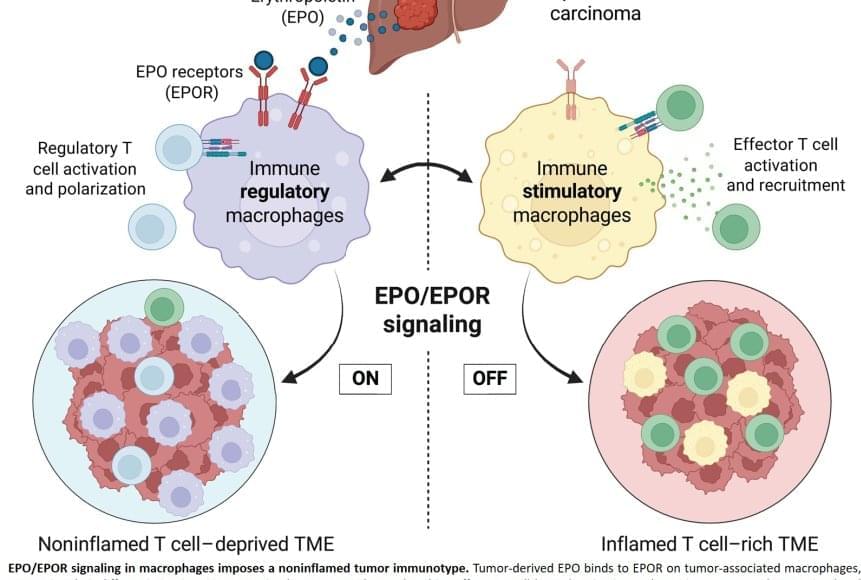
A protein identified nearly 40 years ago for its ability to stimulate the production of red blood cells plays a surprising, critical role in dampening the immune system’s response to cancer.
Blocking the activity of the protein turns formerly “cold,” or immune-resistant, liver tumors in mice into “hot” tumors teeming with cancer-fighting immune cells. When combined with an immunotherapy that further activates these immune cells against the cancer, the treatment led to complete regression of existing liver tumors in most mice. Treated animals lived for the duration of the experiment. In contrast, control animals survived only a few weeks.
“This is a fundamental breakthrough in our understanding of how the immune system is turned off and on in cancer,” said the senior author published the work in Science. “I could not be more excited about this discovery, and I hope treatments that target the mechanism we uncovered will quickly move forward to human trials.”
